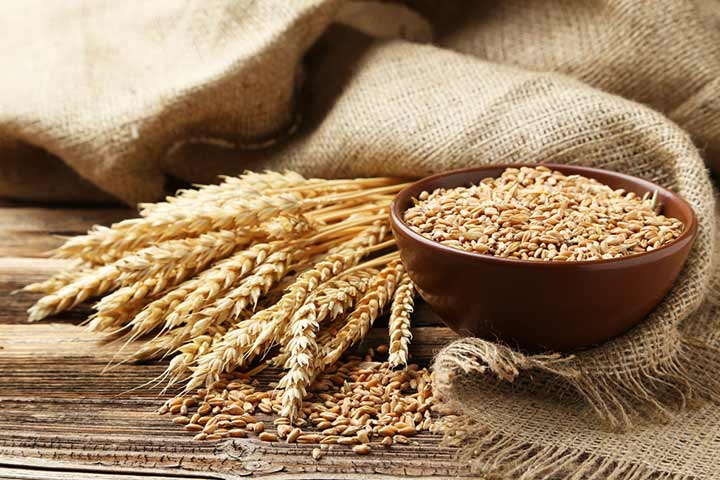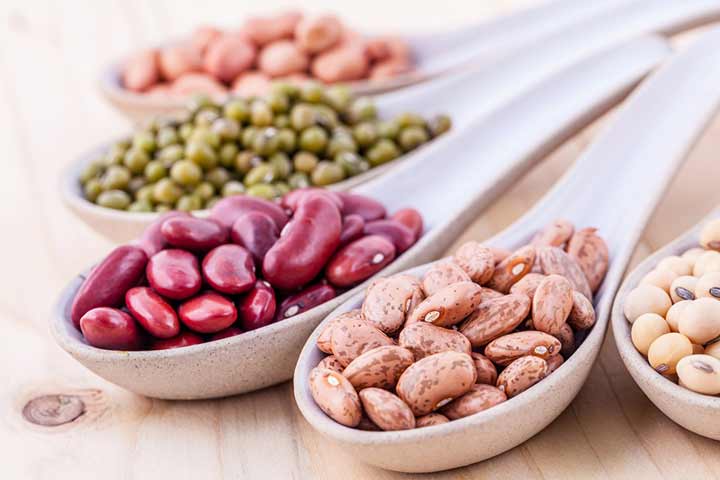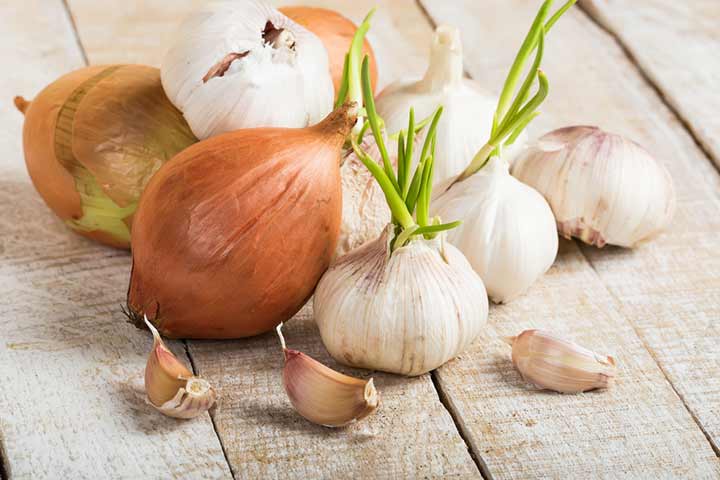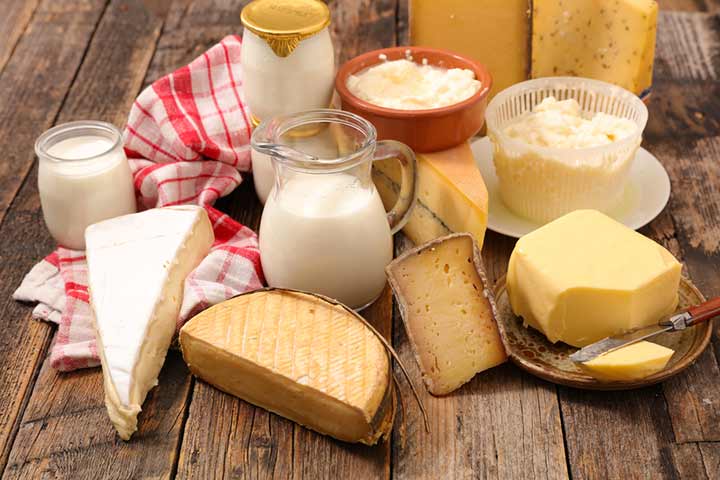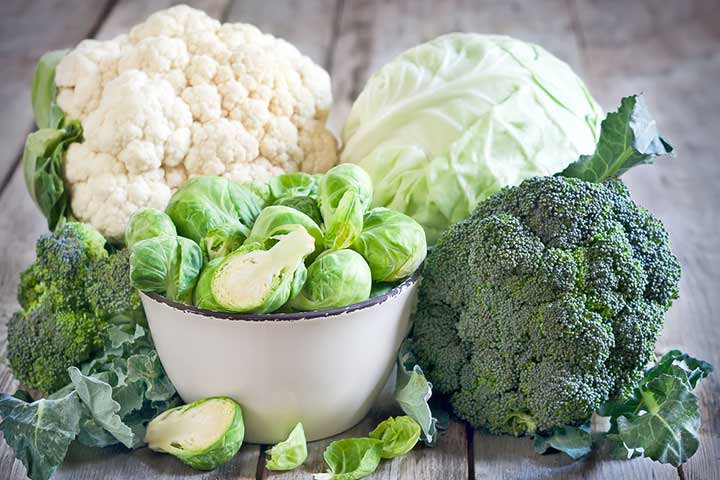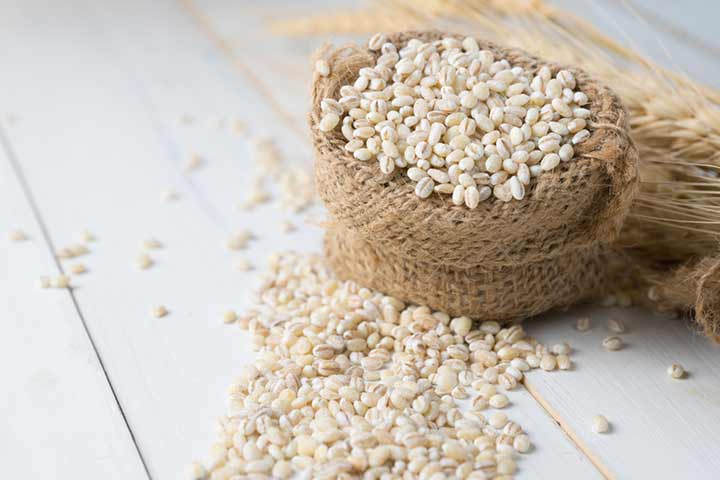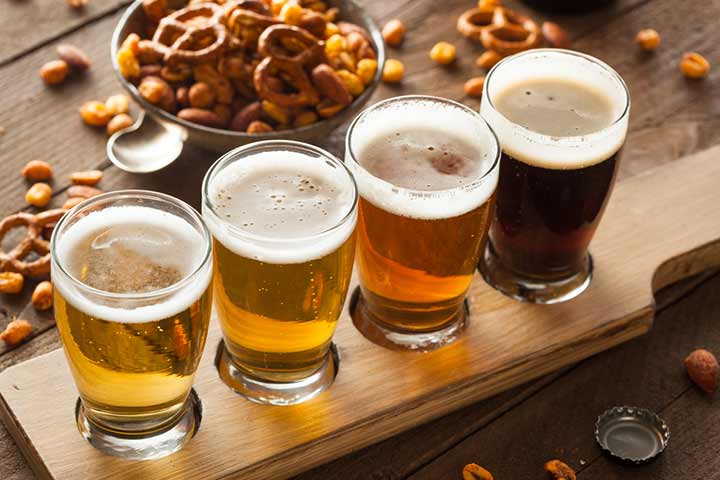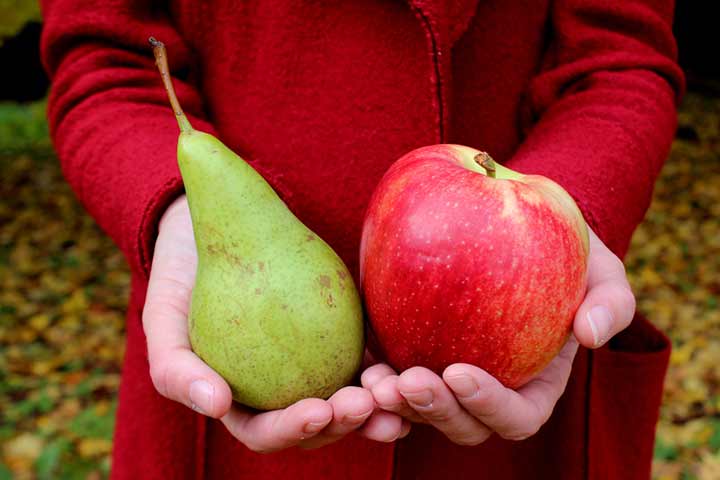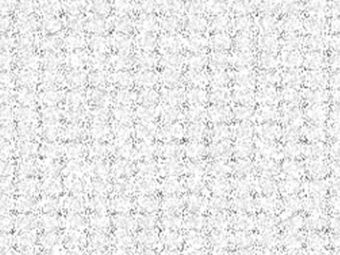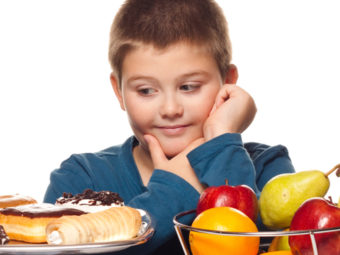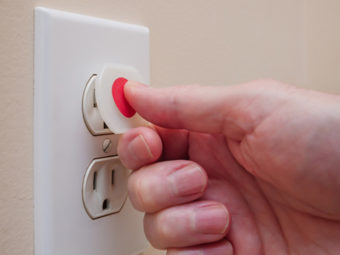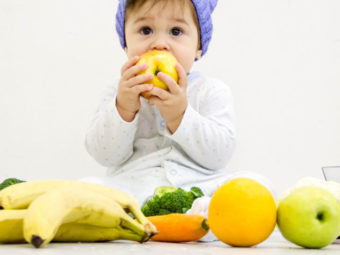
Image: Shutterstock
We all have felt bloated after eating sometime or another. What do people exactly mean when they say they feel bloated? It is when your tummy feels swollen, mostly after having food. Bloating can be caused by gas or some other digestive problems. Bloating is most commonly caused by something in your diet and is rarely a sign of an underlying medical condition.
Did you know that 16-30% of people experience bloating regularly? Here we discuss 10 foods that may be to blame for your tummy trouble. If you constantly feel bloated after eating, take a look at these foods to find out if you are having them in your everyday diet(1).
10. Wheat
Wheat is one food which can cause bloating, diarrhea, and stomach ache among some people due to the protein present in it called gluten. Gluten is also found in other foods such as pasta, bread, and many baked food items. Sensitivity to this protein can be because of celiac disease which is true in 1% of the American population.
Alternative foods to eat: Buckwheat, wild rice, pure oats, quinoa, coconut, and almond flour(2).
9. Beans
It is unfortunate that something so rich in carbohydrates, proteins, vitamins, minerals, and fiber can cause bloating. It is because of their high fiber content and sugars called oligosaccharides that are tough to break down by the body.
Tips if you don’t want to give up beans:
- Soak them before cooking to reduce the excess gas.
- Eating smaller amounts of beans every day can build up good gut bacteria over time.
Alternative foods to eat: Adzuki and mung beans that are easily digestible, grains, lentils, and quinoa.
8. Carbonated Drinks
在这些beverag高的二氧化碳量es can cause gas. This gas gets trapped in the digestive system resulting in bloating. It’s best to avoid carbonated drinks as they can also contribute to an increased risk of diabetes and obesity.
Alternative beverages to drink: Plain water, fruit and vegetable juices, and fresh lemon juice.
7. Garlic And Onion
Image: Shutterstock
The soluble fibers called fructans present in onions can cause bloating. Fructans are also present in garlic and some other foods such as leek, wheat, and agave which when consumed even in small amounts can cause bloating.
Alternative foods to eat (for garlic): Herbs and spices such as chives and basil
Alternative foods to eat (for onion): Collard greens, fennel, leeks, and celery(3).
6. Dairy
This great source of protein and calcium may not be for everyone. People who are lactose intolerant won’t be able to break down the sugar and lactose in milk products. This can cause abdominal cramps, diarrhea, gas, and bloating.
Alternative foods to eat: Flax milk, almond milk, soy milk, lactose-free milk, rice milk, lactose-free cheese & yogurt.
5. Cruciferous Veggies
Cabbage, broccoli, cauliflower, garden cress, Brussel sprouts, and some others come under the family of cruciferous vegetables. Though these vegetables are healthy containing essential nutrients and vitamins in them, they can cause bloating and other digestive issues.
Alternative foods to eat: Sweet potatoes, spinach, zucchini, asparagus, carrots, ginger, and celery.
4. Rye & Barley
Cereal grains barley and rye are fiber-rich, nutritious, and packed with vitamins and minerals. However, the high gluten and fiber content in them can cause bloating in some people.
Alternative foods to eat: Brown rice, oats, gluten-free cereals, quinoa, and buckwheat(4).
3. Alcoholic Beverages
Image: Shutterstock
Consuming alcohol can cause the inflammation of the gastrointestinal lining. Beer being a carbonated beverage is more likely to irritate the stomach. Beer contains fermented carbohydrates which can cause gas and bloating in some people.
Alternative beverages to drink: Water, tea, and wine.
2. Artificial Sweeteners
The sugar substitutes in sweet drinks, chewing gum, and food are also known as non-nutritive sweeteners. They contain xylitol and sorbitol in them and may cause gas and bloating.
Healthy alternatives: Raw honey, cinnamon, nutmeg, licorice, vanilla, coconut sugar, and stevia.
1. Pear & Apple
Image: Shutterstock
An apple a day keeps the doctor away’ might not be true after all. Though these fruits have plenty of health benefits and are rich in vitamins, fiber, and antioxidants, they can cause bloating and digestive issues in people. The fructose present in them can be difficult to break down by your body. People may experience significant bloating after eating pears as it contains sorbitol.
Tip if you want to include apples and pears in your diet:
Substitute fresh ones with cooked ones so that it becomes easier to digest
Alternative foods to eat: Berries, bananas, grape, cantaloupe, and citrus fruits(5).
Foods that may cause bloating in some people may not affect the other person the same way. So, instead of cutting down on every food that causes bloating, try to figure out which particular food upsets your tummy. If avoiding a particular food does not provide you relief, you can consult a doctor to address the issue.

